Solar Power Plant: On-Grid and Off-Grid
When planning to switch to solar energy, one of the most common questions homeowners face is: Should I go for an on-grid solar power plant or an off-grid solar power plant? While both systems harness the power of the sun, the way they function, store, and distribute electricity is quite different. Choosing the right option depends on your energy needs, location, budget, and lifestyle.
In this guide, we’ll break down everything you need to know about on-grid solar system vs off-grid solar systems, their advantages, required equipment, and which one is the smarter choice for your home.
Table of Contents
What is an On-Grid Solar Power Plant?
An on-grid solar power plant (also called grid-tied or grid-connected) is directly connected to the utility power grid. It works only when the grid is available. The biggest advantage of this system is that any extra electricity generated by your solar panels can be exported back to the grid through a process called net metering.
This system does not require batteries, making it more affordable and easier to maintain.
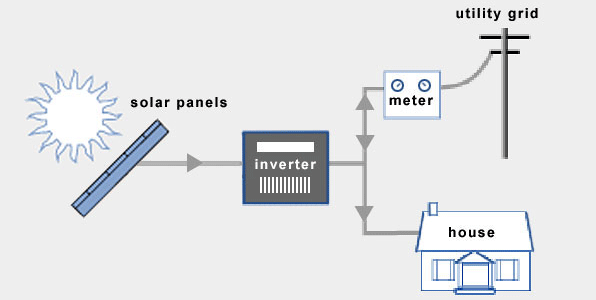
Advantages of On-Grid Solar Systems
-
Cheaper Setup
On-grid solar systems are generally cheaper compared to off-grid setups because they don’t need expensive batteries or additional equipment. -
Saves and Earns Money
With net metering, any excess power generated by your panels can be exported back to the grid. The utility company then compensates you, sometimes at the same rate they charge for electricity. -
Simple and Easy Installation
The installation is straightforward since there’s no need for a battery bank. This reduces complexity and maintenance requirements. -
Virtual Battery via the Grid
Instead of storing energy in batteries, which leads to chemical energy losses, you can think of the utility grid as a “virtual battery” that balances your supply and demand.
Equipment Required for On-Grid Solar Power Plant
-
Grid-Tie Inverter: Converts DC electricity from solar panels into AC and synchronizes with the utility grid.
-
Power Meter (Net Meter): A two-way meter that measures both imported and exported power.
What is an Off-Grid Solar Power Plant?
An off-grid solar power plant is a standalone system that is not connected to the utility grid. All electricity generated by solar panels is stored in batteries and used later, making the system completely self-sufficient.
This option is ideal for remote areas where grid connectivity is unreliable or unavailable.
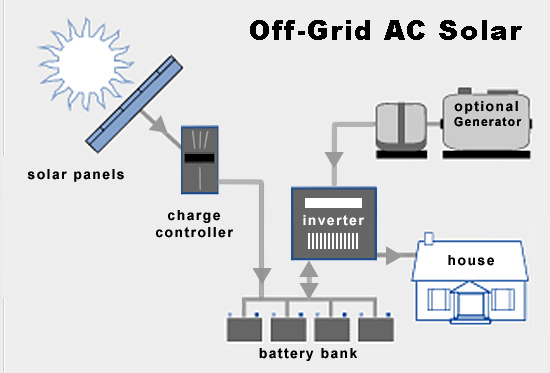
Advantages of Off-Grid Solar Systems
-
Energy Independence
With an off-grid system, you’re no longer dependent on the utility company. You generate, store, and use your own electricity. -
No Blackouts
Even during grid failures, your home will continue to have power, which is vital for emergencies or critical medical equipment. -
Control Over Costs
You’re protected from rising electricity tariffs since you are generating and storing your own power.
Equipment Required for Off-Grid Solar Power Plant
-
Solar Charge Controller: Prevents battery overcharging and extends battery life.
-
Battery Bank: Stores electricity generated during the day for use at night or during cloudy conditions.
-
Off-Grid Inverter: Converts DC to AC without needing to match the grid sine wave.
-
DC Connected Switch: Provides safety during maintenance and protects against electrical hazards.
On-Grid vs Off-Grid Solar Power Plant: Key Differences
| Feature | On-Grid Solar Power Plant | Off-Grid Solar Power Plant |
|---|---|---|
| Grid Connection | Connected to the utility grid | Not connected to the grid |
| Storage | No battery required | Requires batteries |
| Cost | Cheaper | More expensive |
| Reliability | Dependent on grid availability | Independent of the grid |
| Earnings | Earn through net metering | No earnings from grid |
| Best For | Urban & semi-urban homes | Remote areas without reliable grid |
Which One Should You Choose?
-
Choose On-Grid Solar Power Plant if:
You live in a city or town with stable grid supply and want to save money on your electricity bills while taking advantage of net metering. -
Choose Off-Grid Solar Power Plant if:
You live in a rural or remote area with little or no grid availability, or you want complete independence from the utility grid.
How to Calculate Your Solar Power Plant Size
Whether you choose on-grid or off-grid, the capacity of your system depends on:
-
Your household’s daily electricity consumption
-
Number of appliances and peak load requirements
-
Sunlight availability in your region
-
Desired backup duration (for off-grid systems)
To make this easy, you can use a Solar Size Calculator to find the auto-generated capacity for solar panels, batteries, and inverters tailored to your needs.
FAQs on On-Grid vs Off-Grid Solar Power Plant
Q1: Which solar system is cheaper – on-grid or off-grid?
On-grid solar systems are cheaper since they don’t require costly batteries.
Q2: Can I run my house completely on off-grid solar?
Yes, but it requires a large battery bank and sufficient solar panels, which can be expensive.
Q3: What happens to an on-grid solar system during a power cut?
During blackouts, on-grid systems automatically shut down for safety unless combined with a hybrid setup.
Q4: Which system is more suitable for India?
On-grid systems are preferred in urban and semi-urban areas due to net metering benefits, while off-grid systems are best for villages or remote regions.
Q5: Can I upgrade from on-grid to off-grid later?
Yes, with additional investment in batteries and charge controllers, you can convert to a hybrid or off-grid system.
Conclusion
Both on-grid and off-grid solar power plants come with their own advantages. While on-grid systems save money and let you earn through net metering, off-grid systems provide independence and protection from blackouts. The right choice depends on your location, budget, and lifestyle.
At Varistor Solar Solutions, we specialize in designing, installing, and commissioning solar power plants that suit your unique needs. From planning to testing and compliance, we’ve got you covered.
👉 Ready to plan your own solar journey? Visit us today at solarclue.com and blog.solarclue.com for expert insights and the best solar solutions.

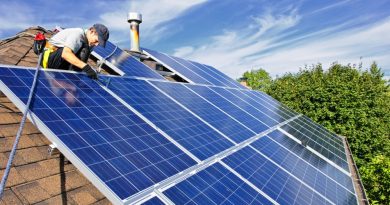
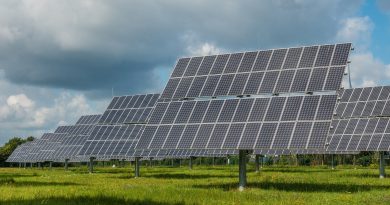
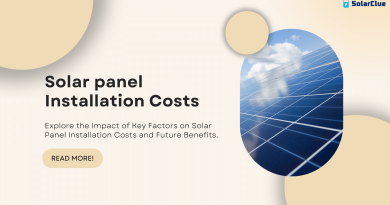
This is very nice blog. This blog are provide such a useful information . It is also helpful us.
Best Quality Off Grid Solar Power System trader and supplier in Punjab
Hello,
Thanks for your appreciation.
Thanks for a sharing the useful information. This blog information is real knowledge.
Best Quality ON Grid Solar Power Plant trader and supplier in Punjab
Hello,
Thanks for your appreciation.
It’s fantastic that you are getting thoughts from this piece
of writing as well as from our discussion made at this time.
Hello,
Thanks for your appreciation.